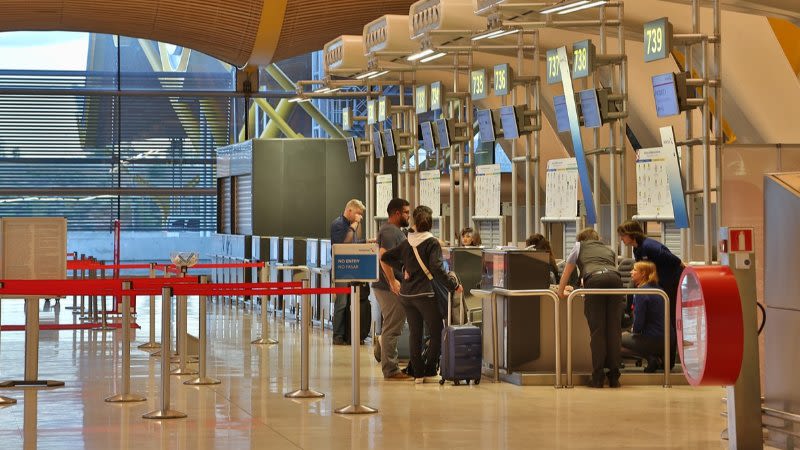The Canary Islands are trying to negotiate their own terms for ending the lockdown

The Government of the Canary Islands is negotiating with the Ministry of Health the possibility that the archipelago has a different schedule of unconfinement, due to its lower rate of cases and due to its own geographical condition as islands, but also due to the health problems of its population.
"We have more problems with obesity, diabetes, cardiovascular disease and we do not want people to be sedentary at home," said the spokesman for the scientific committee that advises the Canary Islands Government, Lluis Serra-Majem, professor of Public Health at the University of Las Palmas de Gran Canaria.
At the end of Monday's meeting, Serra-Majem stressed that the evolution of the pandemic at the moment on the islands is "very satisfactory in the number of infections, in the number of hospitalizations and, even in the number of deaths ".
And, in this regard, he underlined that the contagiousness index in the islands had reached over 5, which meant that each Covid-19 patient infected five more people. On Monday, that index has fallen to 0.6 in the Canary Islands, data that indicates that each patient does not even infect another person, on average.
"And this has not been achieved by any government, the population has achieved it by staying at home, you can be sure that this has been the case. And, of course, it's also the merit of the medical personnel," he said.
Serra-Majem has also referred to what the "lack of confinement" will be like, which states that it will be implemented in a "phased" manner and in accordance with the guidelines set by the central government.
"But, given the geographical and sanitary uniqueness of our islands, a commission has been created within the General Directorate of Public Health itself that is going to negotiate with the central government in what way we could end the current total lockdown, at a different rate than that of many other autonomous communities", he pointed out.
How life will be after the lockdown? "It will be necessary to avoid crowds", probably measures will be taken such as "reducing the capacity of restaurants" and, surely, the people will incorporate the use of the mask into their daily lives; Not so much to protect themselves from contagion, he says, but to avoid infecting others.
"This virus has the particularity that many people infected are asymptomatic, but they can still infect others for many days. And in this the use of the mask will help us a lot," he points out.






























